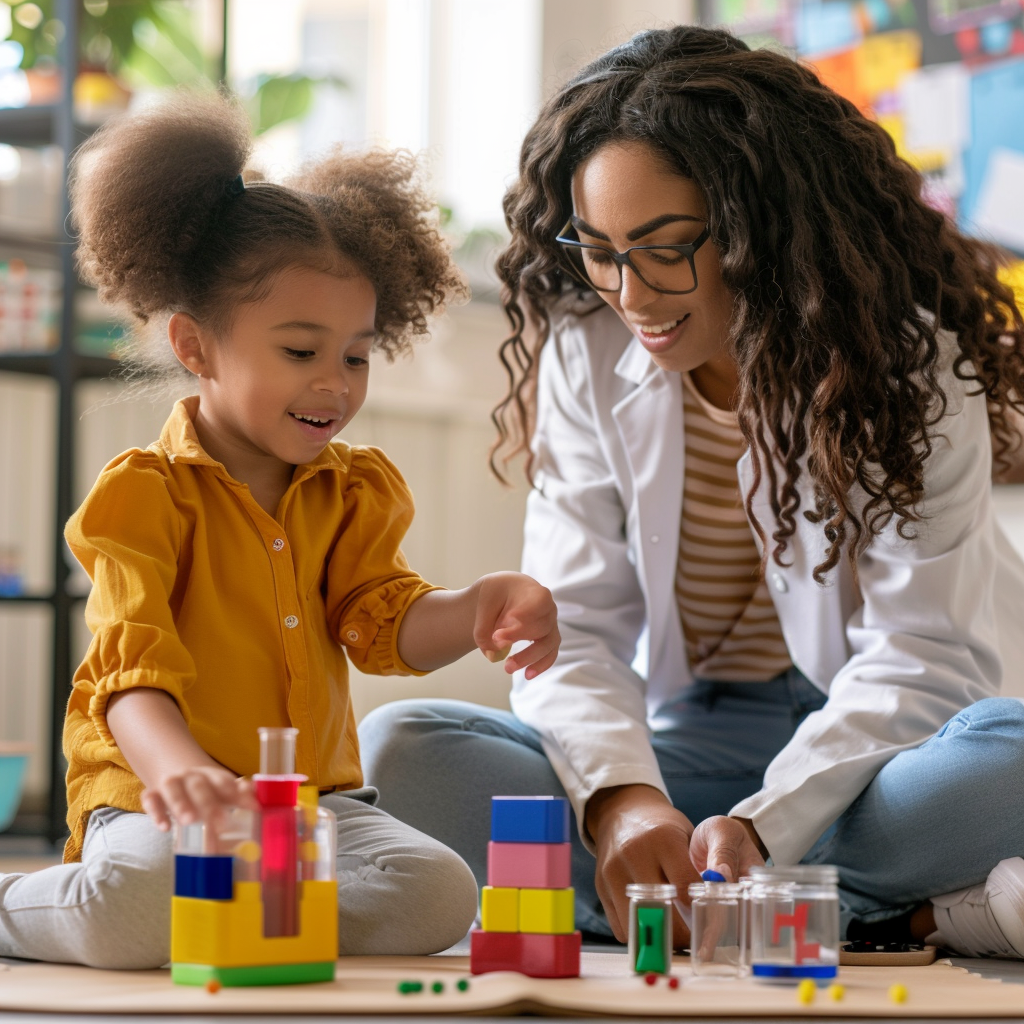In a rapidly evolving world, the ability to solve complex problems is more critical than ever. Preparing children to navigate the challenges of the future involves equipping them with a suite of essential skills that go beyond traditional academic learning. This article explores the key areas necessary for fostering future problem solvers, ensuring kids grow up to be innovative, resilient, and capable individuals.
1. Teaching Kids Critical Thinking and Problem Solving
Critical thinking and problem solving are foundational skills that empower children to analyze situations, weigh options, and make informed decisions. Encouraging kids to ask questions, think critically about answers, and explore multiple solutions to problems helps develop these vital skills. Activities that involve puzzles, strategy games, and open-ended questions encourage children to engage in analytical thinking and problem-solving from a young age.
2. Cultivating Curiosity and Creativity
Curiosity drives the desire to learn, while creativity inspires innovation. Nurturing these traits in children involves providing opportunities for exploration and expression. This can be achieved through unstructured play, exposure to diverse ideas and cultures, and encouraging children to pursue their interests. Creative arts, science experiments, and imaginative play are excellent ways to stimulate curiosity and creativity.
3. Developing Persistence and Resilience
The journey to solving complex problems is often fraught with challenges. Teaching children persistence and resilience helps them to stay focused and motivated, even in the face of difficulties. Sharing stories of perseverance, setting achievable goals, and celebrating efforts as well as achievements are ways to build these essential qualities.
4. Learning Through Failure and Mistakes
A crucial aspect of problem-solving is the understanding that failure and mistakes are valuable learning opportunities. Encouraging a positive attitude towards setbacks teaches children to view them as steps towards success. Providing a safe environment where kids can take risks, make mistakes, and learn from them is vital for their growth and development.
5. Collaboration, Communication, and Teamwork
Many of today’s problems require collaborative efforts to find solutions. Teaching children the importance of teamwork, effective communication, and empathy prepares them for cooperative problem-solving. Group projects, team sports, and family activities can all serve as platforms for developing these interpersonal skills.
6. Providing the Right Environment and Resources
Creating an environment that fosters problem-solving involves providing the right resources and support. Access to educational materials, technology, and spaces that encourage creativity and experimentation are crucial. Equally important is the presence of supportive adults who guide, mentor, and inspire children to tackle challenges with confidence.
7. Equipping Kids with Problem Solving Strategies
While creativity and intuition play significant roles in problem-solving, having a set of strategies can make the process more effective. Teaching kids methods such as breaking down problems into smaller parts, brainstorming, and trial and error gives them a toolkit to approach challenges systematically.
8. Building Confidence and a Growth Mindset
Confidence and a growth mindset are the backbones of effective problem-solving. Kids who believe in their ability to learn and grow are more likely to take on challenges and persist through difficulties. Encouraging effort, celebrating progress, and reinforcing the idea that intelligence and abilities can be developed are key to building these attributes.
9. Preparing Kids to be Creative Problem Solvers
The ultimate goal of fostering these skills is to prepare kids to be creative problem solvers who can navigate the complexities of the world. By instilling critical thinking, creativity, resilience, and a growth mindset, we equip children with the tools they need to tackle future challenges head-on, innovate, and contribute positively to society.
In conclusion, fostering future problem solvers requires a holistic approach to education and parenting. By focusing on these essential skills, we can prepare our children not only to face the world's challenges but also to be the innovators and leaders of tomorrow.





Share:
Understanding the Montessori Philosophy
Implementing the Montessori Method in Adult Life: A Comprehensive Examination